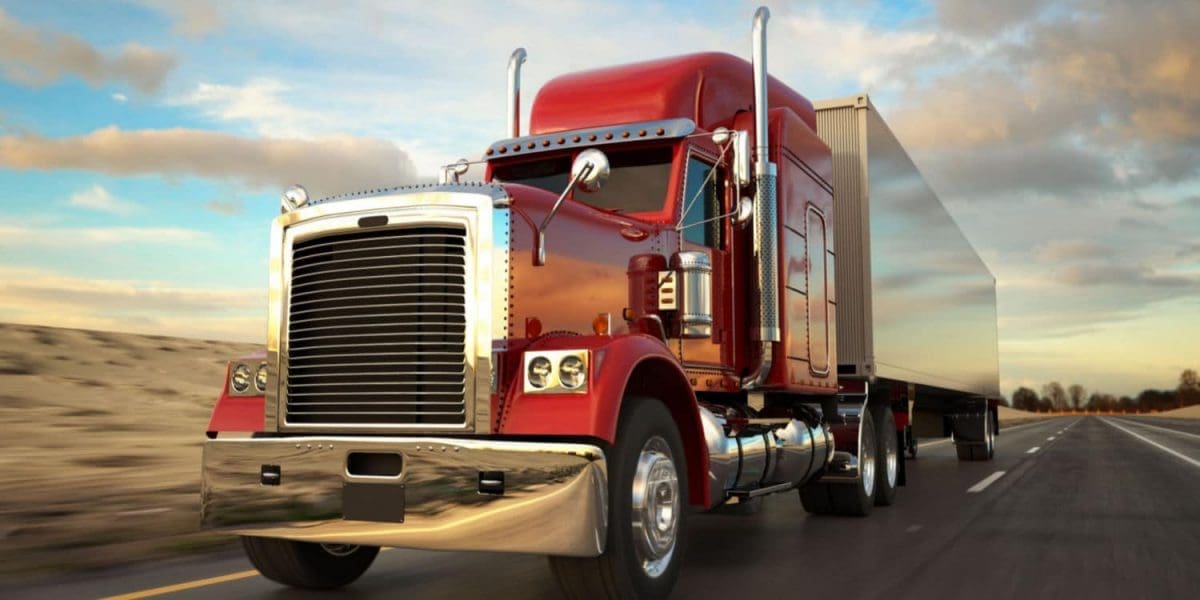Safety is an essential consideration for any driver, and even more so for those who drive professionally. The trucking industry takes safety seriously and truckers have to follow various regulations as part of this commitment. One such requirement is being drug-free. It should go without saying that driving under the influence of illicit drugs or alcohol is dangerous. In addition, some prescription medications can make driving unsafe, and thus are prohibited for truckers. It’s important for drivers to be aware of the regulations related to prescription meds and trucking.
Prohibited Prescription Meds for Truckers
The Federal Motor Carrier Safety Administration (FMCSA) regulates the trucking industry, including outlining requirements for drug testing.
Per their regulations, a person is unqualified to drive commercially if they take:
- A controlled substance or prescription medication without a valid prescription from a licensed medical practitioner
- Using a drug identified in 21 CFR 1308.11 (391.42(b)(12)) (a list of Schedule I drugs), even with a prescription
The reason that even some legally prescribed drugs are prohibited for drivers is that these medications can interfere with a person’s ability to drive safely. Many of the medications on this list have warning labels stating that a person should use caution when driving, so it makes sense that a commercial driver should not use them.
Are There Any Exceptions?
Depending on the medication, it may be possible for truckers to get an exemption. In order to do this, the prescribing physician must certify in writing that taking this medication does not impact your ability to safely drive. It’s important to note that certain types of medication cannot be used under any circumstances while operating a commercial motor vehicle.
As a trucker, you have an important duty to keep yourself and others on the road safe. It’s essential to talk to your doctor and your trucking company’s safety team about any prescription medications before you get behind the wheel. If your doctor prescribes a new medication, be sure to let your company know right away.
Drug Testing and DOT Physicals
If you test positive for a controlled prescription medication on a Department of Transportation (DOT) drug testing panel, it will trigger a review of your medications. A Medical Review Officer (MRO) will give you specific instructions and will reach out to your doctor for more information. In order to protect your license, it’s important to cooperate with this process.
Keep in mind that if the medications are not cleared by your doctor, this will go on your record as a failed drug test and will have serious consequences for your career. Again, the best time to address prescription medications is prior to performing safety-sensitive duties, not once you have to take a drug test.
During your required Department of Transportation (DOT) physical, the physician will also conduct a review of any prescription drugs you are taking. If there are any controlled substances on the list, they will conduct a more thorough review before you can be cleared to drive.
Start Your Trucking Career
If you are a safe driver and are ready to hit the road, DSW is currently hiring for regional and over-the-road (OTR) routes. We are a safety-conscious employer and our management is made up of former drivers who understand the support you need as a trucker. We help you get miles, get paid, and get home regularly.












